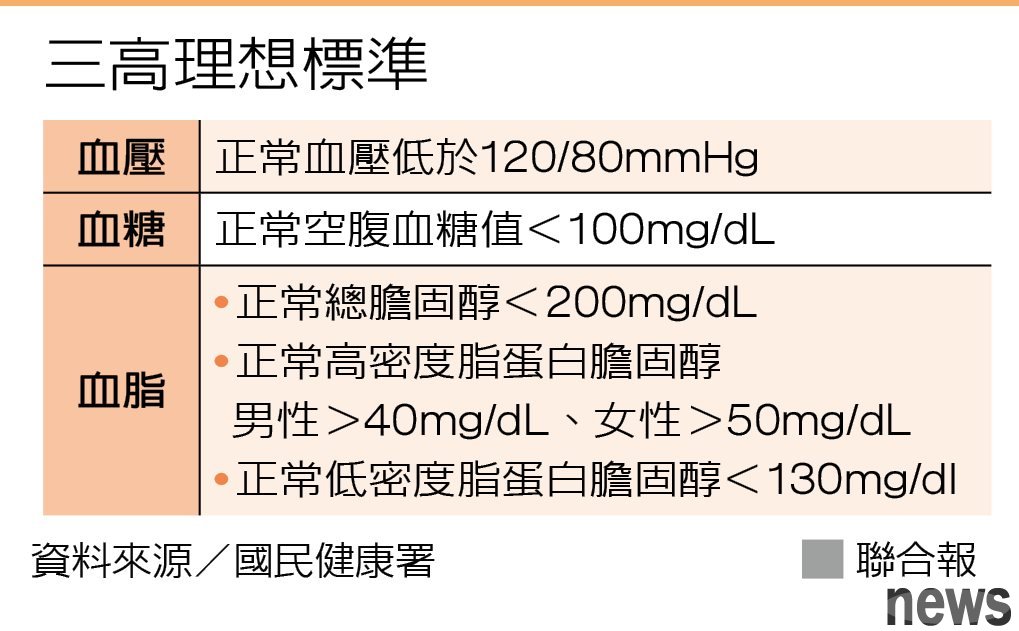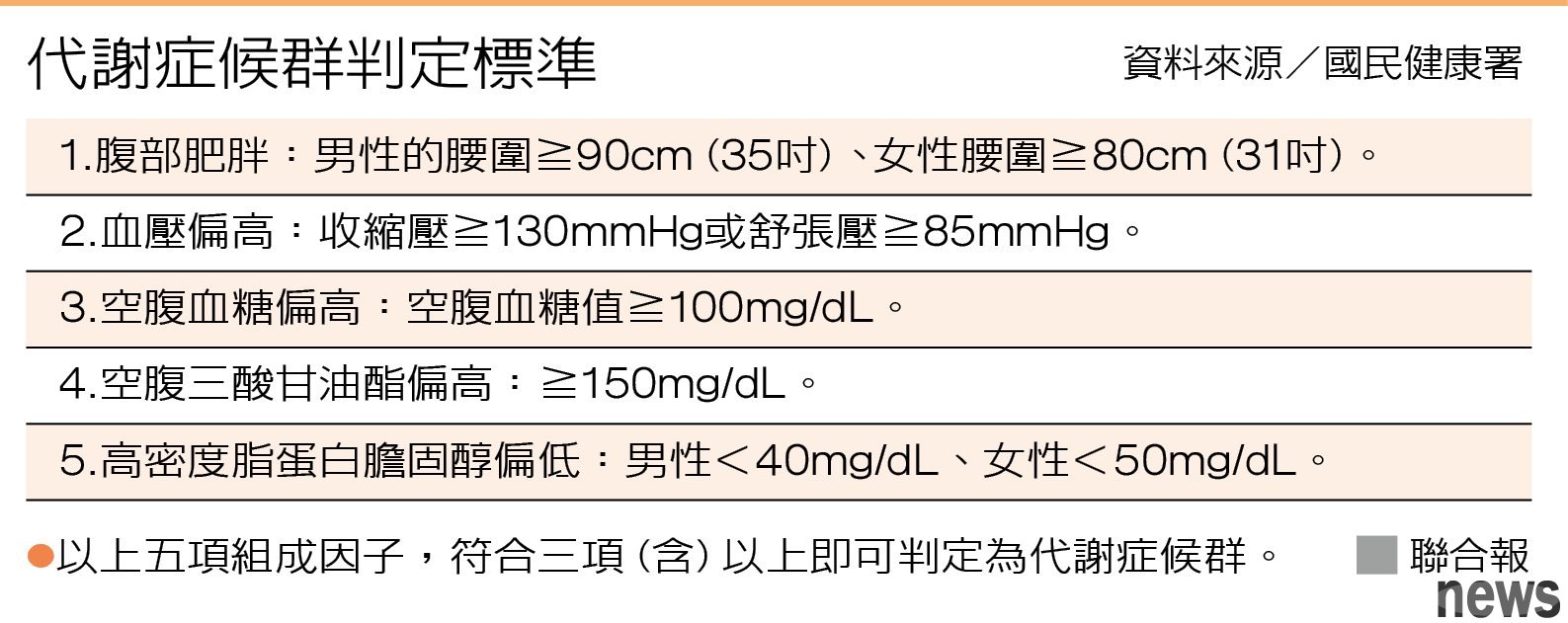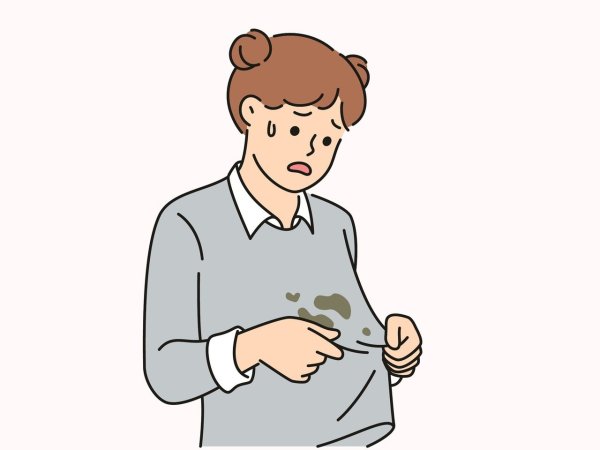Is it okay to have blood pressure, blood sugar, and blood lipids a little higher than the standard? He died of myocardial infarction every year

Mr. Wu, 59, suddenly suffered severe chest pain and was sent to the doctor. He diagnosed acute myocardial infarction. He was urgently placed in the coronary stent surgery before he successfully escaped the death disaster. In the past 10 years, Mr. Wu has received regular medical examinations from employees, and the results are "blood pressure, blood sugar, and blood lipids are all a little higher than the standard", but he has not yet reached the level of treatment of taking medicine, which makes him relaxed. After suffering from myocardial infarction, he realized the importance of the three high-level words "ultimate management".
Do you think it is normal for health checking "red characters"? The accumulated amount of abnormal values is addedThe public's health awareness is raised and the importance of regular health inspections is understood. Many people think "red characters" are normal, and they will only be alerted unless some of the values are abnormal. Kang Hongyan, deputy director of Rongxin Clinic, said that the slightest over-the-counter values of the three highs should also be paid attention to. Obesity, abnormal blood lipids, early hypertension, pre-diabetes, etc. should be evaluated in a comprehensive manner. As a chronic disease, "the cumulative amounts of abnormal values are multiplied, not added."
Kanghong Yan pointed out that the abnormal values of blood lipids, blood pressure and blood sugar are called creep syndrome. Studies have shown that suffering from creep syndrome can increase the risk of cardiovascular disease, and the cause is closely related to life habits and diet. In order not to wait until the disease occurs before treatment, the Health Insurance Administration also launched a plan for the prevention and treatment of creep syndrome last year, and carried out health management from the source in advance to prevent future coronary heart disease, hypertension, brain wind, diabetes and cardiovascular adverse events.
The Health Insurance Department held a plan for the prevention and treatment of syndrome last year and set up a "Chronic Disease Risk Assessment Platform" website (https://cdrc.hpa.gov.tw/), and enters its own health examination data and lifestyle data to estimate the risk index of coronary heart disease, hypertension, brain wind, diabetes and cardiovascular adverse events in the next 10 years. The education team will also provide appropriate lifestyle suggestions to prevent chronic diseases in advance.
Based on Mr. Wu's health examination data, the risk of cardiovascular adverse events in the next 10 years has reached 37%, which belongs to the high-risk group, including 77% of hypertension, 44% of diabetes, and 28% of brain blood. Kang Hong explained that it is difficult to understand the risk of future disease when looking at the individual data of the health examination. However, through the overall evaluation of the platform, Mr. Wu's risk of cardiovascular disease is far higher than imagined.
The abnormal index does not meet the degree of medication. Extreme control can reduce the chance of medication use.Kang Hongyan said that in addition to using the risk factors provided by general health examinations to predict the incidence of cardiovascular and brain diseases, there are also many inspection items, including ventricular sclerosis index (cystolic wave transmission speed), cervical ultrasound, coronary ventricular dysfunction level examination, brain angiomagnetic vibration imaging, etc., you can directly understand the health status of vascular diseases and effectively prevent cardiovascular and chronic diseases.
Kang Hongjian reminds that when people's health checks found that the three high indexes are abnormal, but they have not yet reached the level of taking drugs, they can maintain or even reduce the number of drugs through diet, exercise, avoid smoking and alcohol, weight control, etc., and cooperate with the plan to achieve extreme control, maintain or even reduce the number, and reduce the possibility of using drugs. Moreover, as diet and life habits change, the tendency of young people to suffer from trophies syndrome is also a sign of youth, reminding young people to prevent chronic diseases.
The National Health Administration provides 3 skills to help the public prevent the three highs and control the occurrence of chronic diseases:
1. Regular health checks and self-blood pressure measurement: People over 40 can make good use of adult health inspections to grasp the data changes in blood pressure, blood sugar and blood lipids, and implement home self-blood pressure measurements. According to the principle of "722", "7" for seven consecutive days of measurement, "2" for each measurement after getting up in the morning, before going to bed at night, and "2" for two doses each time. If there is any abnormality, you should take the medicine as soon as possible.
2. Measure waist and weight every day: The waist of adult men should be less than 90 cm and women should be less than 80 cm. The weight should be maintained at 18.5 to 24 according to the BMI (kg/m2) value. If the waist and weight increase, the amount of diet and physical activity should be viewed and adjusted appropriately.
3. Balanced diet and regular exercise: Use the principle of "less oil, less salt, less sugar and high-quality" to provide appropriate amounts of fruits and natural foods, white water replaces sugary drinks, and physical activities for 30 minutes a day and 150 minutes a week to reduce the risk of chronic diseases.

















